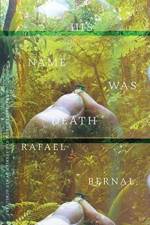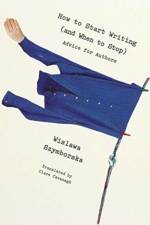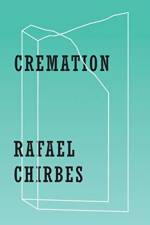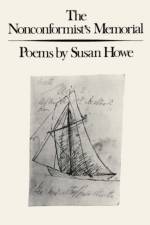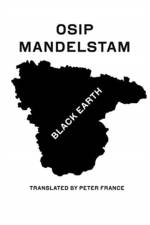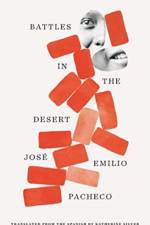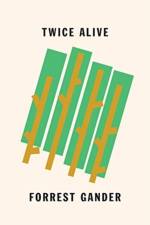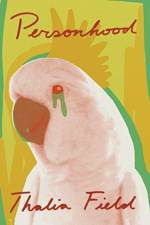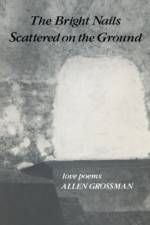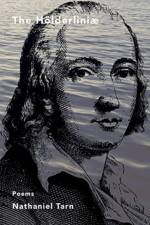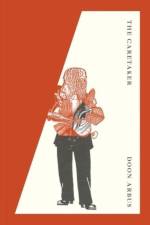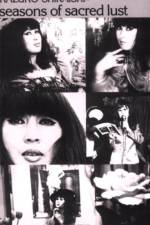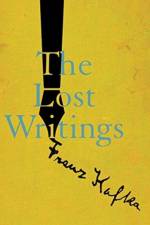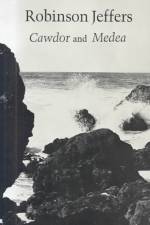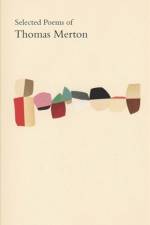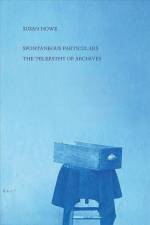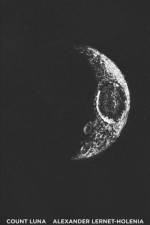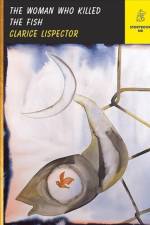av A. L. Snijders
187
Gorgeously translated by Lydia Davis, the miniature stories of A. L. Snijders might concern a lost shoe, a visit with a bat, fears of travel, a dream of a man who has lost a glass eye: uniting them is their concision and their vivacity. Lydia Davis in her introduction delves into her fascination with the pleasures and challenges of translating from a language relatively new to her. She also extols Snijders's "straightforward approach to storytelling, his modesty and his thoughtfulness." Selected from many hundreds in the original Dutch, the stories gathered here-humorous, or bizarre, or comfortingly homely-are something like daybook entries, novels-in-brief, philosophical meditations, or events recreated from life, but-inhabiting the borderland between fiction and reality-might best be described as autobiographical mini-fables.This morning at 11:30, in the full sun, I go up into the hayloft where I haven't been for years. I climb over boxes and shelving, and open the door. A frightened owl flies straight at me, dead quiet, as quiet as a shadow can fly, I look into his eyes-he's a large owl, it's not strange that I'm frightened too, we frighten each other. I myself thought that owls never move in the daytime. What the owl thinks about me, I don't know.


